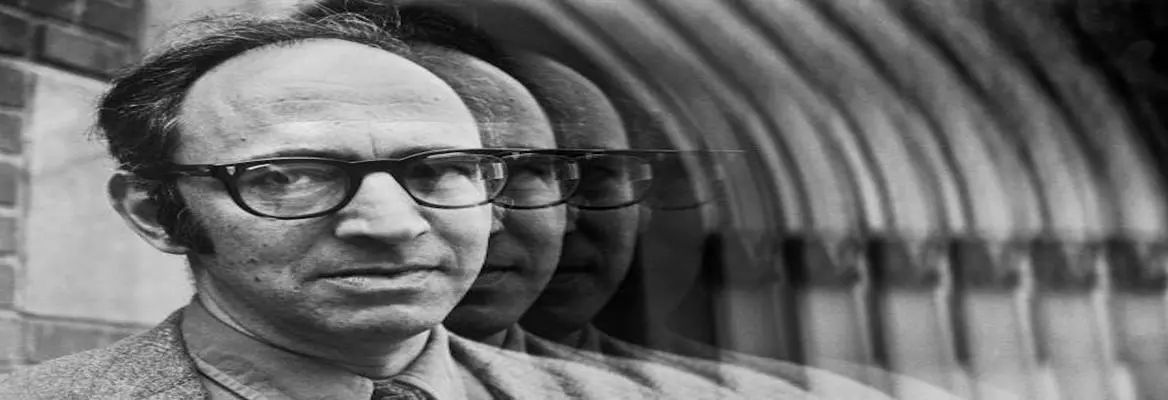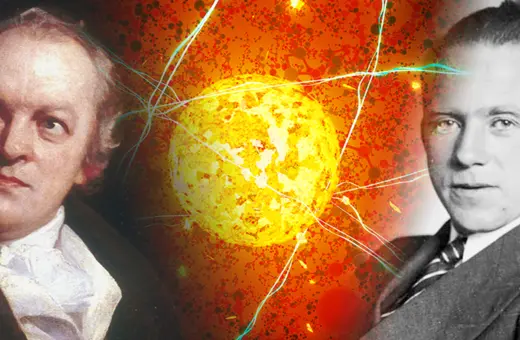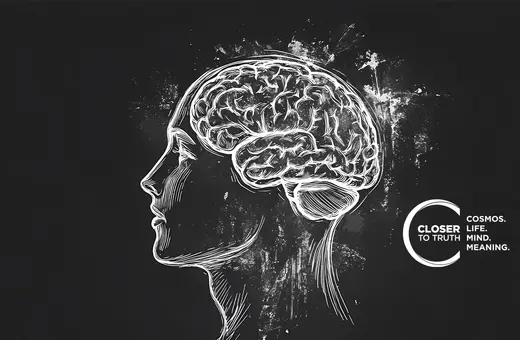Our story of revolutionary science is one of independence, creativity and free-thinking radicals. Thomas Kuhn saw things differently. He thought that dogmatic commitment to established norms is the unexpected engines of science’s success, writes Vasso Kindi.
Creativity is of great significance, especially in the arts and sciences where originality and novelty are highly valued. Because of its significance, many scholars have tried to explain how it is made possible. Educators and psychologists, in particular, have investigated the correlations between creativity and personality traits, giving emphasis to independence, imagination, flexibility, and open-mindedness.
In 1950, the psychologist J. P. Guilford thought that mass education, which stresses conformity, discourages the development of creative personality (Guilford 1950, 448). Sixty years later, the same thought was expressed by the educator Sir Ken Robinson in his 2010 TEDx talk entitled “Changing education paradigms”. He there argued that we have to go “in the exact opposite direction” of an education that has been modeled in the image of industrialism which favors conformity and standardization. In Ken Robinson’s view, we should adopt a new paradigm that encourages divergent thinking, i.e., thinking of new possibilities and unconventional and innovative ideas, which is “an essential capacity for creativity”.
In 1959, Thomas Kuhn, who at the time was just a physicist who had turned historian of science (his ground-breaking philosophical book The Structure of Scientific Revolutions was yet to be published), was invited to give a talk at a University of Utah Conference on the identification of scientific talent. There, psychologists stressed again the significance of divergent thinking for creativity, of the freedom to entertain possibilities and of the capacity to go off in different directions. Kuhn began his talk by asking his audience to entertain his divergent idea, namely that creativity in science depends not only on divergent but, equally, on convergent thinking.
Kuhn spoke of the “essential tension” between convergence and divergence, a tension that he took to be a prerequisite of scientific advancement and creativity. He argued that these two conflicting modes of thought ought to characterize both the scientific community and the individual scientists. Convergence builds traditions and divergence, at crucial junctures, draws attention to new possibilities. The individual scientist must be able to act as both “a traditionalist and an iconoclast”, Kuhn said (1977, 227). In Kuhn’s view, “only investigations firmly rooted in the contemporary scientific tradition are likely to break with that tradition and give rise to a new one” (ibid., 229). That is why Kuhn gave his article in which the Utah talk was published, the title: “The Essential Tension: Tradition and Innovation in Scientific Research”.
Kuhn articulated this thought further in a talk that he gave at a symposium in Oxford on the structure of scientific change in 1961 and in his celebrated book The Structure of Scientific Revolutions in 1962. His talk, also published in 1962, bears the provocative title “The Function of Dogma in Scientific Research”. The title is provocative since, in scientific ideology, scientists are usually presented as intrepid, independent, critical, ground breaking, open minded, uncommitted, free-spirited conquistadores of knowledge. Kuhn, however, in stark contrast to this image of scientists, exalted the virtues of being faithful to the ruling paradigm, of being constrained by its dictates, of obediently following in the steps of teachers and mentors, of having a restrictive vision, of attending carefully, patiently and persistently to the minutiae of scientific research. No wonder Kuhn has been castigated as presenting scientific work during normal science (i.e., non-revolutionary periods of scientific activity), as uncritical, conformist, boring, stagnant, uninteresting, and scientists as pitiful victims of indoctrination.





















Join the conversation